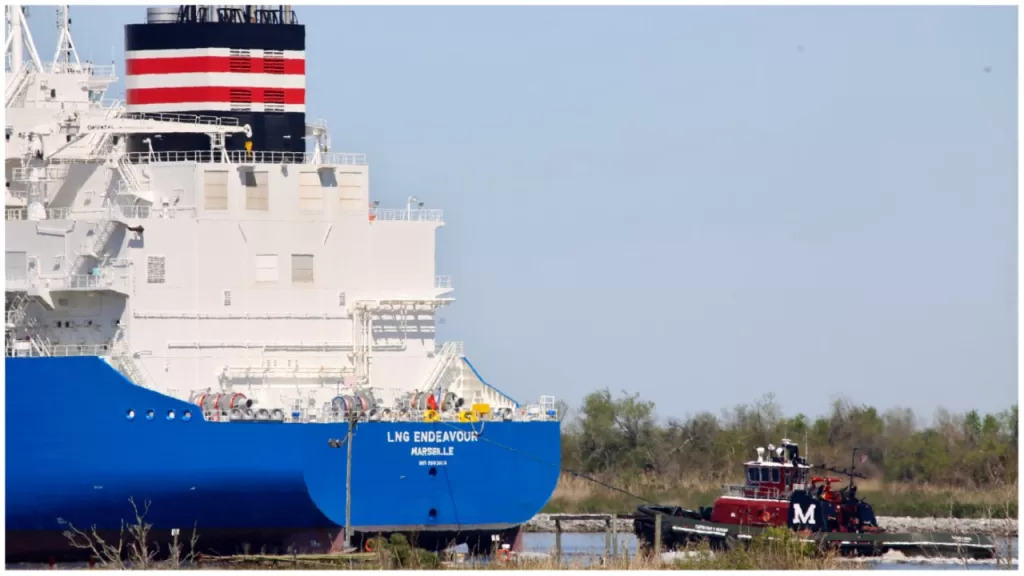Quick Bytes
- Former national security advisor highlights national security risks of pausing U.S. LNG export licenses.
- U.S. LNG exports crucial for European allies’ energy security, reducing reliance on Russian gas.
- Limiting LNG exports could undermine climate goals and strengthen geopolitical adversaries.
Understanding the National Security Implications of U.S. LNG Export Decisions
Gen. Jim Jones, a former national security advisor, has raised concerns over the U.S. administration’s pause on new liquefied natural gas (LNG) export licenses, emphasizing the move’s potential to empower Vladimir Putin. The halt could jeopardize the energy security of European allies, who have worked to decrease their dependence on Russian gas, and inadvertently aid Putin’s strategic ambitions.
Impact on European Allies and Climate Goals
Last year, key NATO allies received over half of the 86 million tons of U.S. LNG exports, a critical support in the face of the Eastern European conflict. A long-term embargo on LNG permits could reverse Europe’s progress in energy independence. Moreover, the decision could also affect Asian allies, pushing them towards Russian supplies and hindering their climate objectives by increasing coal usage over cleaner gas.
Geopolitical and Environmental Stakes
The geopolitical stakes are significant, as Russia and Iran are poised to expand their LNG exports, potentially filling the void left by the U.S. This could not only strengthen their global influence but also set back efforts to transition to a low-carbon future. Gen. Jones urges U.S. leaders to consider these ramifications carefully, as the resilience and security of U.S. allies are intrinsically linked to American policies and actions.
With a distinguished career in national security, Gen. Jones’s insights serve as a crucial reminder of the interconnectedness of energy policy and global stability.



